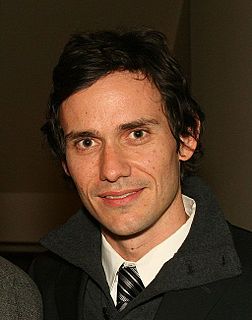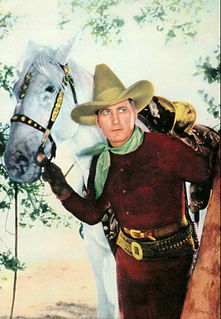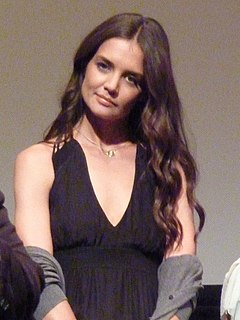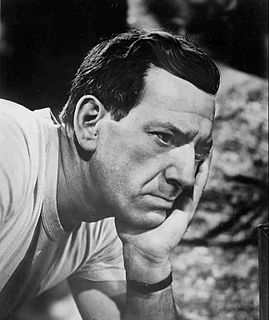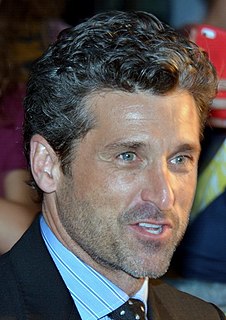A Quote by Wong Kar-wai
Sometimes, when you're on the streets, certain music inspires you, and then you have a vision. But, at the end of the day, it's a synthesis of visions, so you have to think, as a director, of a scene, or how to deliver a line, or how do this visually.
Related Quotes
...visions are messages from the Great Spirit, each for a different purpose in life. Consequently, one person's vision may not be that of another. To have a vision, one must be prepared to receive it, and when it comes, to accept it. Thus when these inner urges become reality, only then can visions be fulfilled. The spiritual side of life knows everyone's heart and who to trust. How could a vision ever be given to someone to harbor if that person could not be trusted to carry it out. The message is simple: commitment precedes vision.
When I'm in the studio, I write the music, I play the different instruments, I produce it, I arrange it, and it's a self-indulgent exercise. It's the way I make my music. And when I'm acting, I get to leave myself behind, which is a relief. I get to collaborate with a director; I respect the director's medium and all the actors and actresses. So at the end of the day, it's about a character and it's about a director's vision. It's a really good balance for being so intense and alone in my personal process of making music.
The only tool we have as artists is selectivity. If you're a painter, you select the color, the lines, how severe they should be. As an actor you develop how angry you should be. You select how angry you should be. You listen to the other actor and then you react. In film, sometimes the other actor isn't even there. You have to play the scene. What I do is I call on my experience on the stage. I play the scene and I hope that I reach a certain level of integrity because that's what I learned on the stage.
It's interesting for me to do the commentary with the actors because, as a director, you're so in your own world that you see it from your perspective, your issues and what you were trying to do, and then it's really very fun to hear their perspective on how it was to do a particular scene or how they felt, and sometimes, I didn't even know that, at the time.
The first thing you do as a producer is you try to understand the director's vision in as deeply a way as you can. Sometimes, you end up with a director that has more vision or sometime they have less vision. You hope that they have more. In the case where they have more, you need to understand it in the deepest way you can.
My teachers believe that the creative producer's job is to service the vision of the director, to stay within schedule and budget, and to get the studio what they need, but you work for the director to get their vision on the screen. That's not how everyone approaches producing, but it is certainly how directors like you to approach producing. How I was brought up is that my job is to help you make the movie you want to make.

